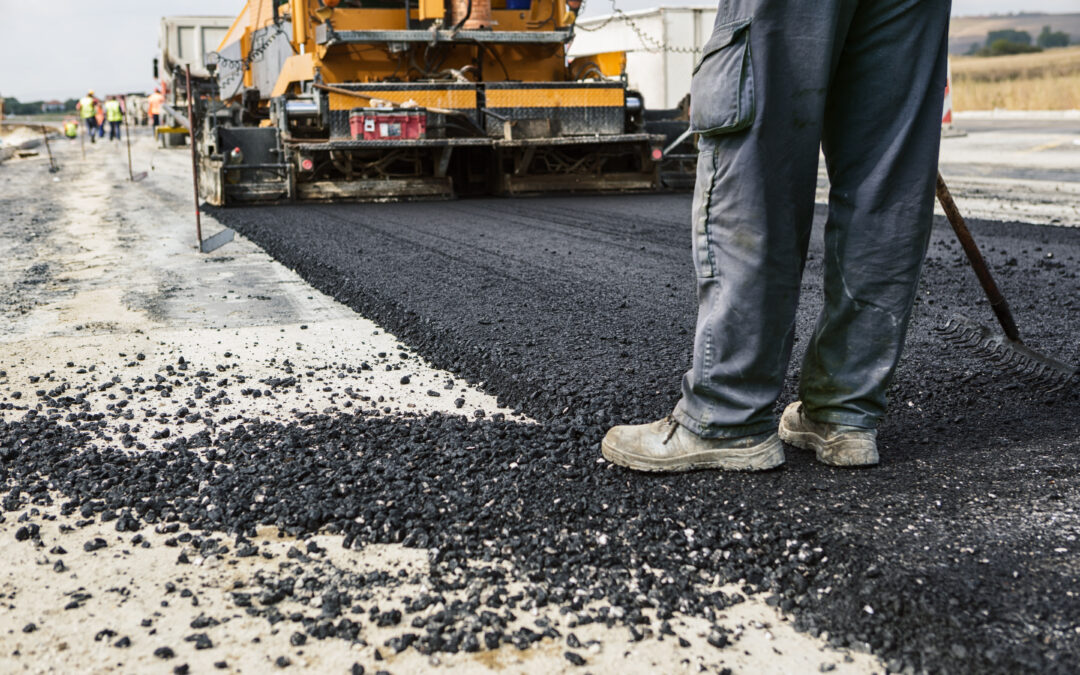Michigan residents could soon receive highway speeding tickets without ever being pulled over by a police officer.
Bipartisan bills to legalize the automated issuance of speeding tickets in construction zones received approval Thursday in the state House. The bills must still pass the Senate and be signed by Gov. Gretchen Whitmer before they become law.
Proponents of the bills say they are needed to improve the safety of construction workers and they also contain many protections for motorists.
The automated speed cameras could be installed in Michigan construction zones, under bills pass Thursday by the state House.
Michigan averages about 14 worker fatalities in work zones per year, but the annual number has been rising, records show.
Officials said Maryland saw an 80% decline in speeding in targeted areas after that state adopted a similar program.
“It’s really about changing behavior for young drivers,” state Rep. Mike Mueller, R-Linden, testified at a committee hearing in March. “It’s not a Big Brother issue, at all.”
The main bill, House Bill 4132, sponsored by state Rep. Will Snyder, D-Muskegon, passed the House in a 67-42 vote.
Under the legislation:
- Signs warning of the speed-activated cameras must be placed 1 mile before the construction zone in which the speed-activated camera is installed;
- The license plate camera is only activated by vehicles exceeding the posted speed limit by more than 10 miles per hour;
- Written warnings will be issued for first offenses or if there are more than three years between offenses;
- Second violations bring a civil fine of not more than $150, while third and subsequent offenses bring civil fines of not more than $300;
- The presumption that the vehicle’s registered owner is the driver can be rebutted by sworn affidavits, testimony in court, or evidence the vehicle had been stolen;
- The Michigan State Police must file an annual public report on the use of the cameras, including the number of citations issued; the age, ethnicity, race, and sex of those who receive citations; where the cameras are installed, and how much revenue is raised and how much is spent on the program.
- The data collected can’t be shared with third parties.
Some of the money raised will be used to improve construction worker safety.
This article originally appeared in the Detroit Free Press. For more, click here.

